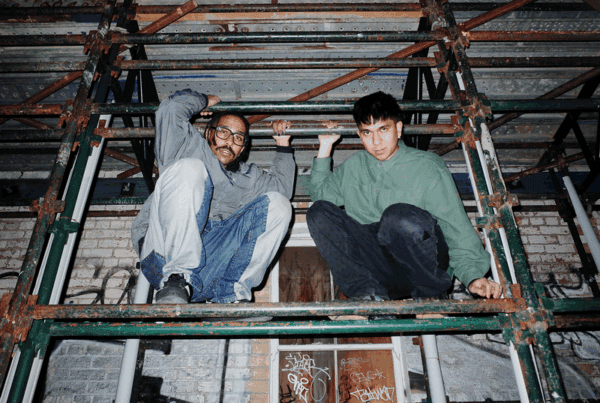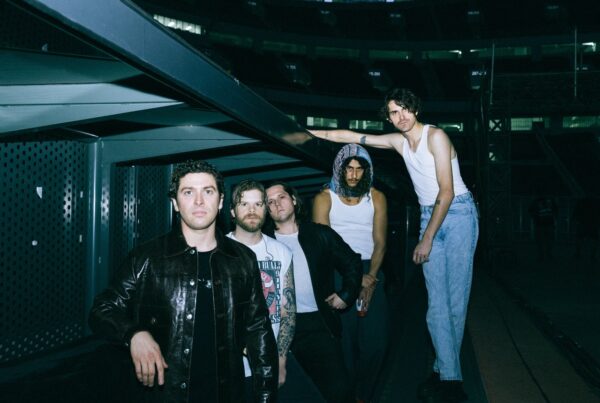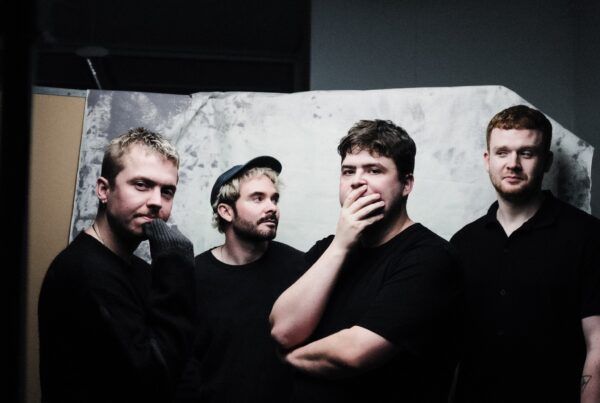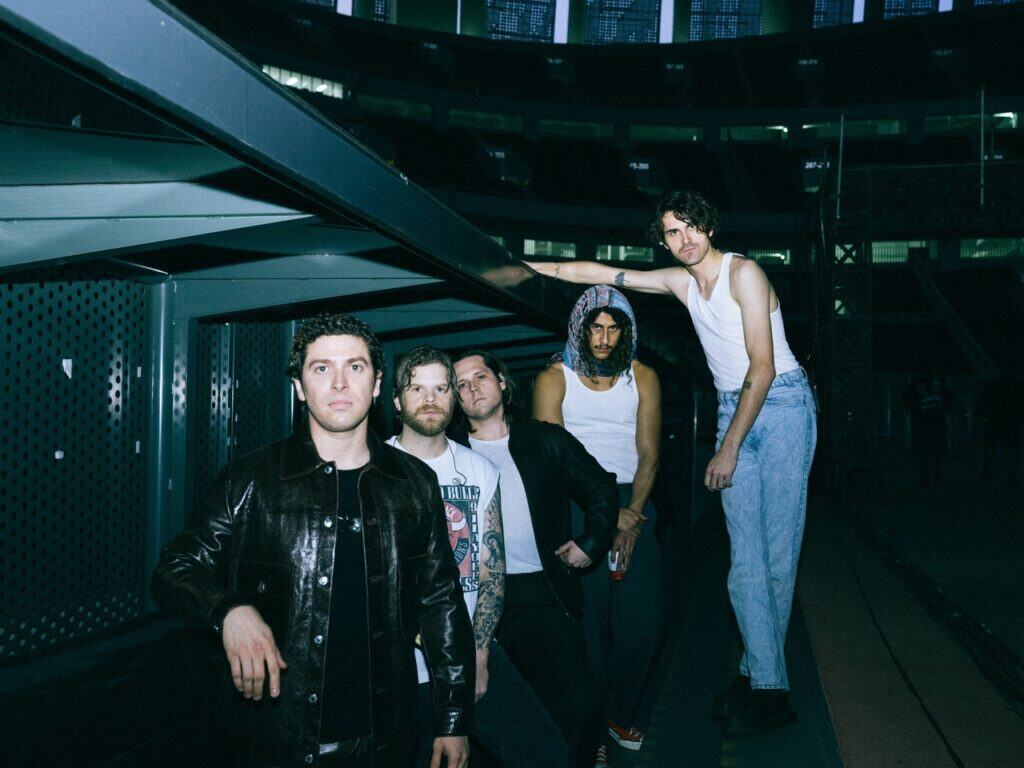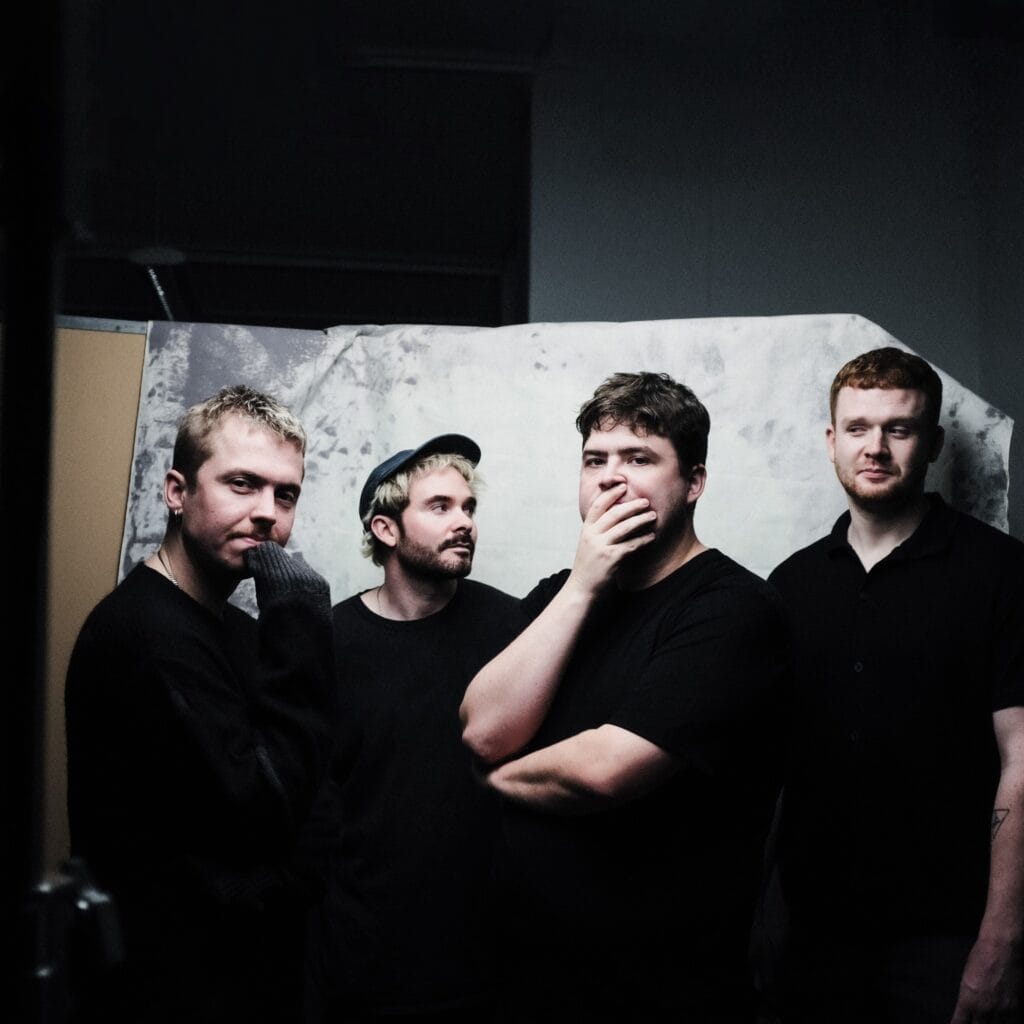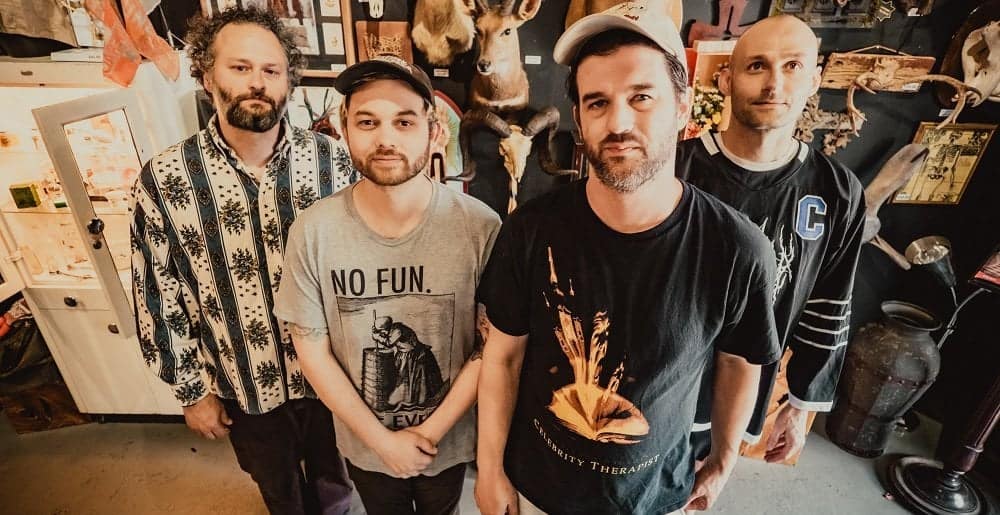It is possible, David Kelling would tell you, to be a frontman in spite of your disabilities. The lead singer of melodic garage-punk band Culture Abuse has toured the world with their staggering success, all the while living with Cerebral Palsy. Kelling’s disability affects his motor skills and muscle strength – in fact, it affects everything. With a limp, gigs can be testing places; he often finds it difficult to negotiate getting on and off stage, with venues having stairs that are difficult to climb. You need only listen to Culture Abuse’s albums to find that they are defined by light and shade; soaring highs and incredible lows; optimism and struggle. We spoke to Kelling about what it’s like to live with a disability and how to refuse to be limited by it.
[like_to_read][/like_to_read]
“Don’t start a band for other people,” Kelling said, “start a band because you want to.” This simple tenacity, this resolve, is striking about him. “Having the freedom to just do our own thing is success enough to me. A lot of people congratulate us, and it’s great, but I would have been doing the same shit if nothing happened to Culture Abuse at all.”
Music has always been inherent in Kelling, as if to pursue a career in music was in his genetic makeup: “I grew up thinking about music all day every day – I still do. The people I started a band with when I was a teenager felt the same way about it, but I’d have other friends who would feel that way about school, about sport, about whatever. Everyone has something they love, it’s just that music was mine.”
One of Kelling’s greatest influences is his mother, who was a propulsive force behind his blossoming career as a musician. “I can see that other people’s parents weren’t as supportive as mine. Some don’t have parents at all. My mum helped throughout the whole time when I was figuring out what to do with my life. She’d come to hospitals all the time with me; we always used to sing together, she helped me find my voice. She’s cool.”
Even when talking about where he draws inspiration outside of his music, somehow, all roads lead back to it: “Movies, places, people things: they all inspire me. Other than music, there are a million people who I love and I feel it back from. I know not everyone has that. I like doing things naturally, rather than trying to think of something. When I play around with my guitar, something comes out and I catch it. Then, a song appears. There’s so much you could do, to the point where it seems crazy to be sad. Once you write a song once, once you achieve it, you move a little further and expand. When we did ‘Peach’ I was not thinking about what anyone else would think about it. It worked out. When you do another one, you have to branch out further. The Buddha talks about how life is suffering, and once you come to terms with that fact, you can learn to enjoy it. That’s what song-writing is like: it’s coming to accept that.”
How has Cerebral Palsy affected Kelling as a musician? In an industry with a limited number of people living with disabilities in the forefront, how is it to be in the public eye? “In a way, it helps me understand myself better. As much as it can be seen as limiting, I can still do what I do. I do it all the time. It has brought me closer to people such as yourself, and so many other people.” As a musician who is unafraid to be vocal about how society sees humans and disabled people as separate entities, Kelling is an ambassador for disability. There could be more. There should be more.
Interview: Dom Smith | Words: Sophie Walker

